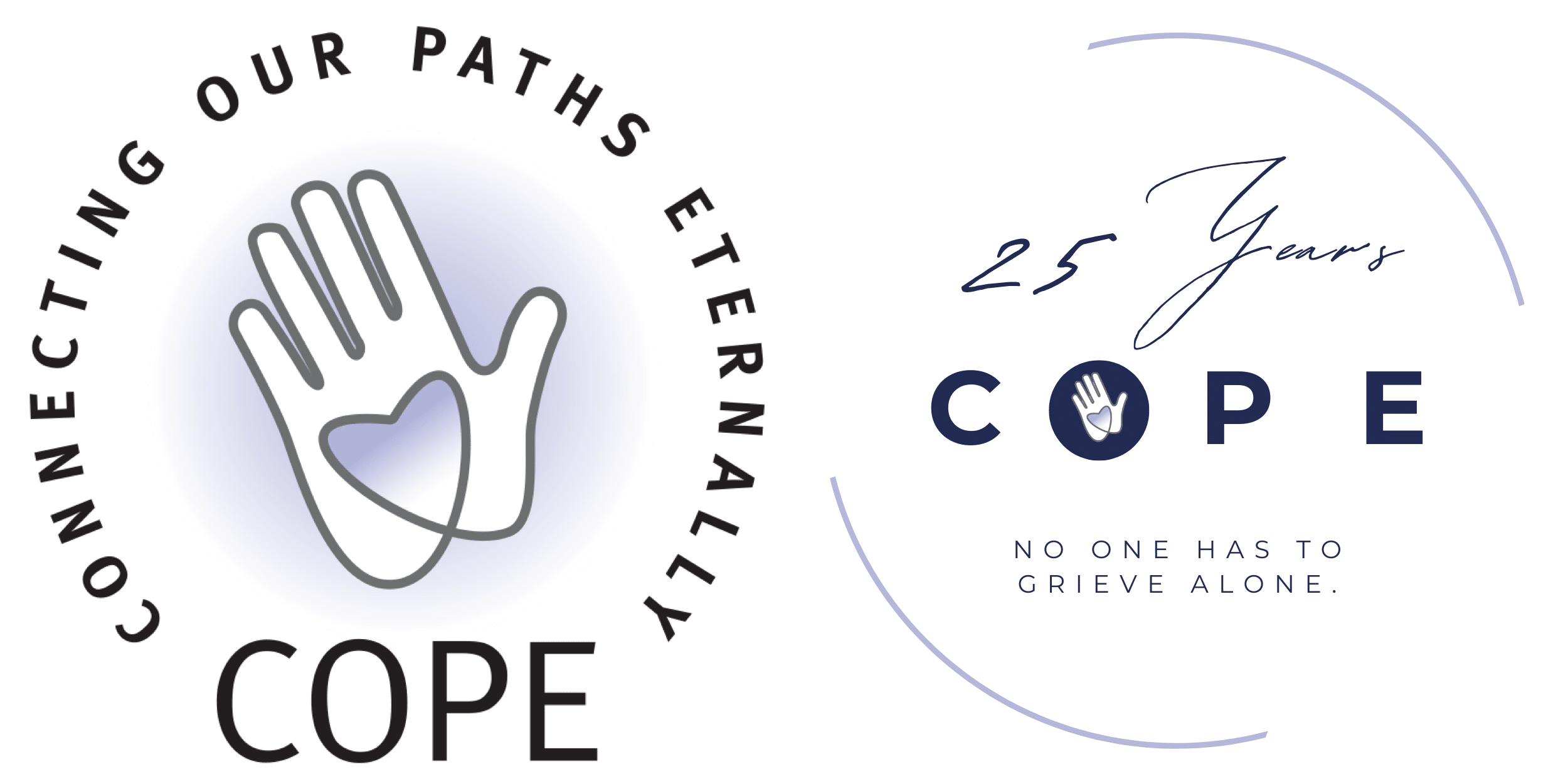Each of us grieves the loss of a child, or any other significant loss, in our own way. And each of us has our own way of coping with our grief. Some bereaved parents may benefit from traditional support groups, others from more alternative therapies. Still others may simply need time alone to come to grips with their emotions. There really is no wrong way to grieve. The information offered on grief and support on this website is intended to provide you with some initial thoughts and ideas for coping with your loss. But please realize, your journey is only beginning.

What You May Experience in Grief
Grief is a complex emotion.
It is necessary to recognize that behavioral changes are common in grief.You may experience bodily distress, such as sighing, breathing irregularities, gastro-intestinal disturbances, asthma, restlessness, tearfulness, spontaneous crying, or hyper-irritability.
You may feel hostility toward God, yourself and others, including the departed, with accompanying guilt feelings.You may want to withdraw and be left alone. You may have emotional distress, depression, fears, less energy, bewilderment and even a death wish.
What You Can Do
Honestly acknowledge the pain and suffering of your loss and do not be afraid to express this. Be willing to talk out your thoughts, feelings, and memories with caring persons. Friends, clergy, and counselors can be helpful. Grief and sorrow left unexpressed can lead to despair.
Realize that there is no timetable for your grief. As you feel confident and comfortable, you may want to become involved in activities and relationships that provide purpose and meaning for you. Much of your grief involves meaning, since your identity, values, decisions, directions and commitments have been threatened. Therefore, seek out those activities and persons that can help to preserve your identity and values and which give meaning to your life.
